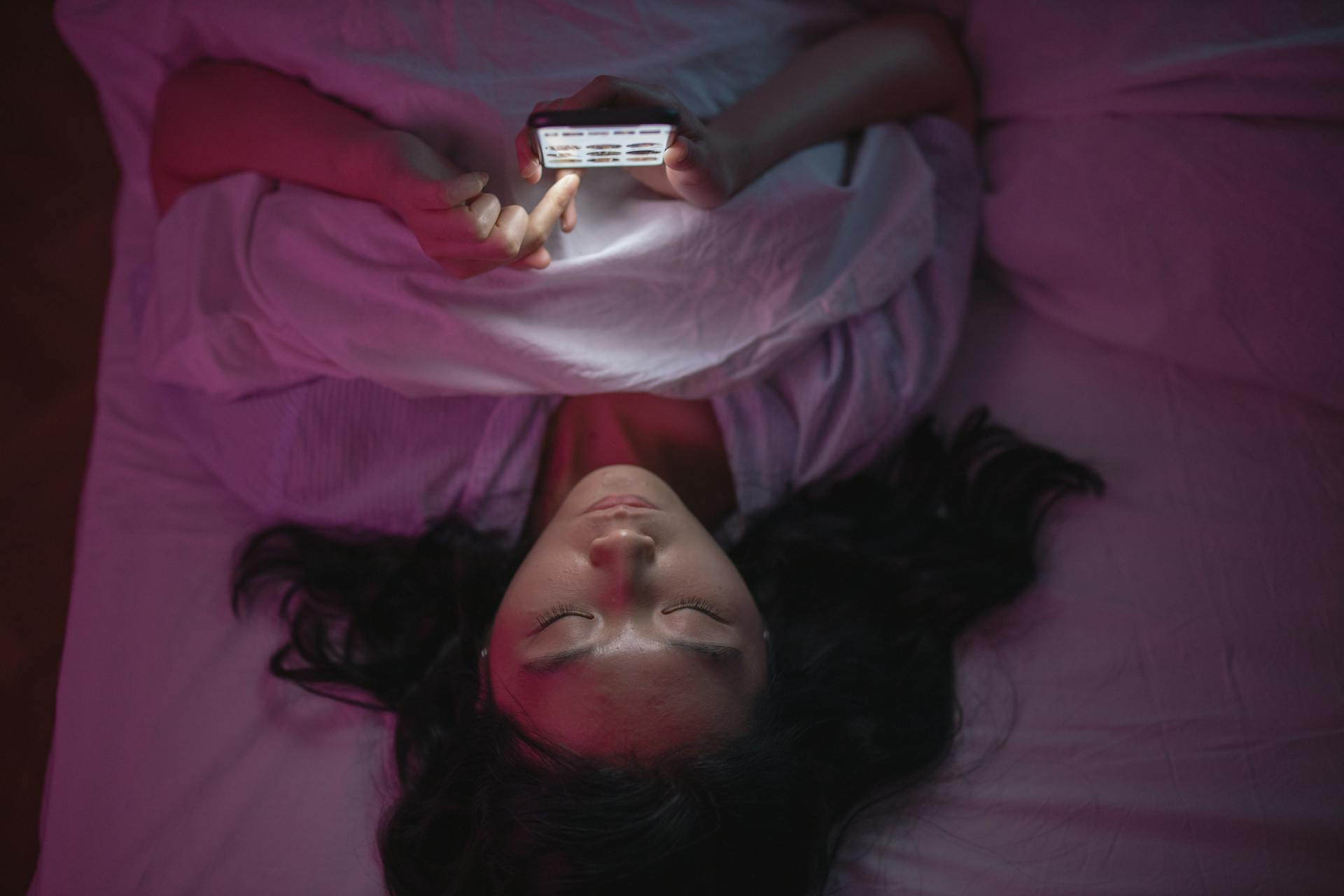
Psychologist Warns: Mindless Scrolling Is Shrinking Our Attention Spans
The internet is overflowing with content, and it’s taking a toll on our ability to focus, according to psychologist Gloria Mark. In just one minute, users worldwide upload 16,000 TikTok videos, play 138.9 million Instagram and Facebook reels, and generate over 3 million YouTube views, according to Domo’s 2024 Data Never Sleeps report.
The constant influx of data has led to widespread overstimulation and cognitive fatigue.

Woman doom scrolling | Source: Pexels
"When we’re overwhelmed with processing so much information, our cognitive resources drain. When they drain, our mind gets fatigued," says Mark, a Chancellor’s professor of informatics at the University of California, Irvine. This fatigue undermines executive function — the brain’s ability to focus, filter distractions, and make decisions.
Mark categorizes digital content by length (short-form vs. long-form) and depth (shallow vs. deep). Short-form, shallow content, typical of social media feeds, is designed to provoke basic emotional responses such as surprise or humor. "These basic emotions keep us on a superficial level," Mark explains, limiting deeper engagement and reflection.
Her research shows that our average screen attention span has plummeted from 2.5 minutes in 2004 to just 47 seconds in 2016 — roughly the length of a typical viral video. "The problem is we can’t pull ourselves out," she says.

Woman reading a book | Source: Pexels
To combat digital overload, Mark recommends setting aside intentional time for long-form reading, choosing immersive content, using physical books, and resisting the urge to fill every idle moment with scrolling. Simple alternatives, like saying hello to a stranger or taking a walk, can help.
Fashion student Maria Paula Colmenares offers a real-world example. After recognizing how aimless scrolling left her mentally foggy, she began reading newsletters, academic articles, and listening to podcasts. Doing so has improved her mental clarity and slowed down her mind. "Starting is always the hardest part. But once you start, it becomes easier," she added.
